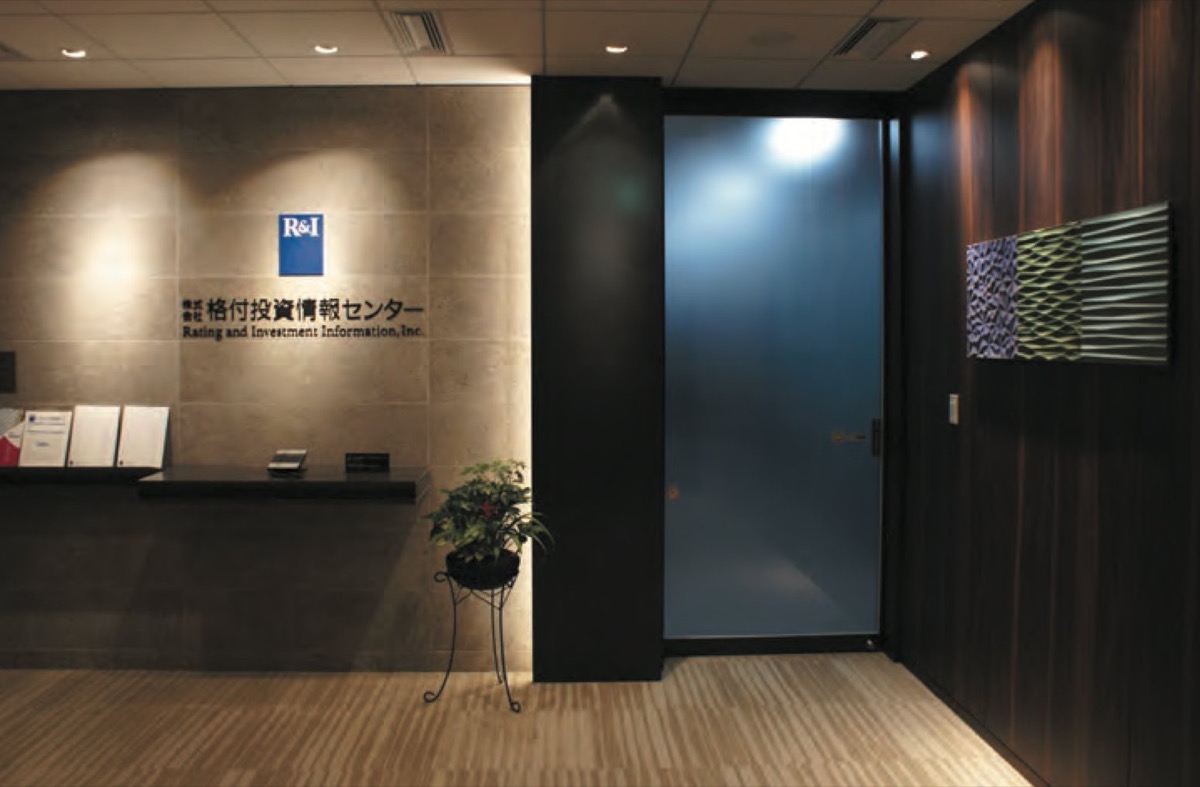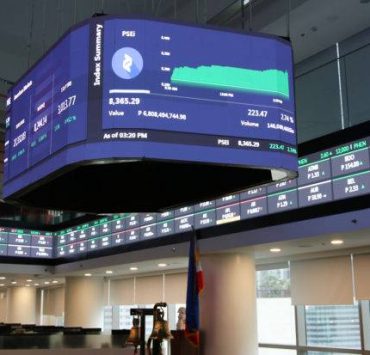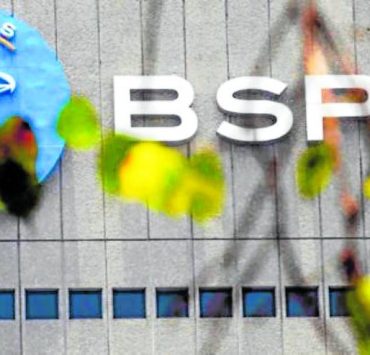PH gets ‘A’ rating from Japanese credit watchdog

Japan-based Rating and Investment Information, Inc. (R&I) upgraded the Philippine sovereign credit rating to ‘A-‘ with a stable outlook, reflecting high economic growth and improved fiscal position.
This latest upgrade represents an improvement of one notch from the R&I’s earlier rating of BBB+ on the Philippine government.
Finance Secretary Ralph Recto said the upgrade signaled strong investor and creditor confidence, leading to lower and more affordable borrowing costs for both the government and the private sector.
“Our refined medium-term fiscal program is our blueprint for our road to A rating. This ensures that we can reduce our deficit and debt gradually in a realistic manner, while creating more jobs, increasing our people’s incomes, growing the economy further, and decreasing poverty in the process. Sticking to this program can help us get there faster,” Recto said in a statement.
R&I observed that the Marcos administration’s debt as a share of gross domestic product (GDP) has improved from the deterioration seen during the COVID-19 pandemic, and is expected to fall further in a year or two.
“The levels of current account deficit and external debts are manageable, leading to the limited concern on the external front. In addition, the banking sector remains stable,” the agency added.
The debt-to-GDP ratio stood at 60.9 percent in the second quarter, slightly down from the 61 percent a year ago, according to the Bureau of the Treasury. The government set a cap of 60.6 percent this year, and aims to bring this down to 56 percent by 2028.
Meanwhile, the domestic economy expanded by 6.3 percent in the second quarter, outpacing the growth of its regional peers such as Indonesia’s 5.05 percent, China’s 4.7 percent and Malaysia’s 5.8 percent, but only falling behind Vietnam’s 6.9 percent.
“Nonetheless, private consumption, which is the major economic driver of the country, remained firm supported by remittances repatriated by overseas Filipinos and the improved employment environment. As inflation decelerated, the economy has been growing at a pace that surpasses the previous year since early 2024, driven partly by the recovery in external demand,” the report noted.
Recto added that the Marcos administration has maintained regular dialogue with the R&I and other major credit rating agencies.
The economic team had met with R&I on June 20 this year in Tokyo, Japan to provide a comprehensive briefing, he added.

















